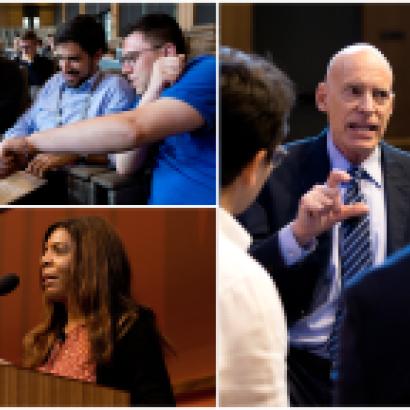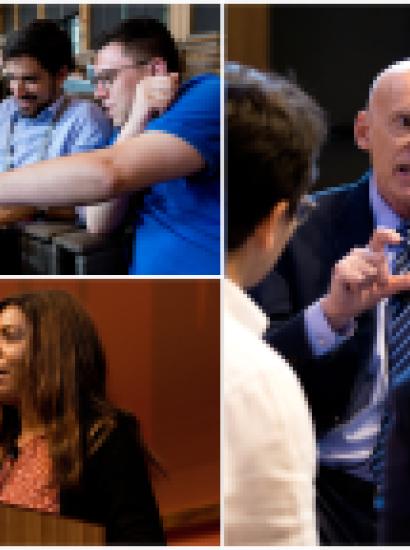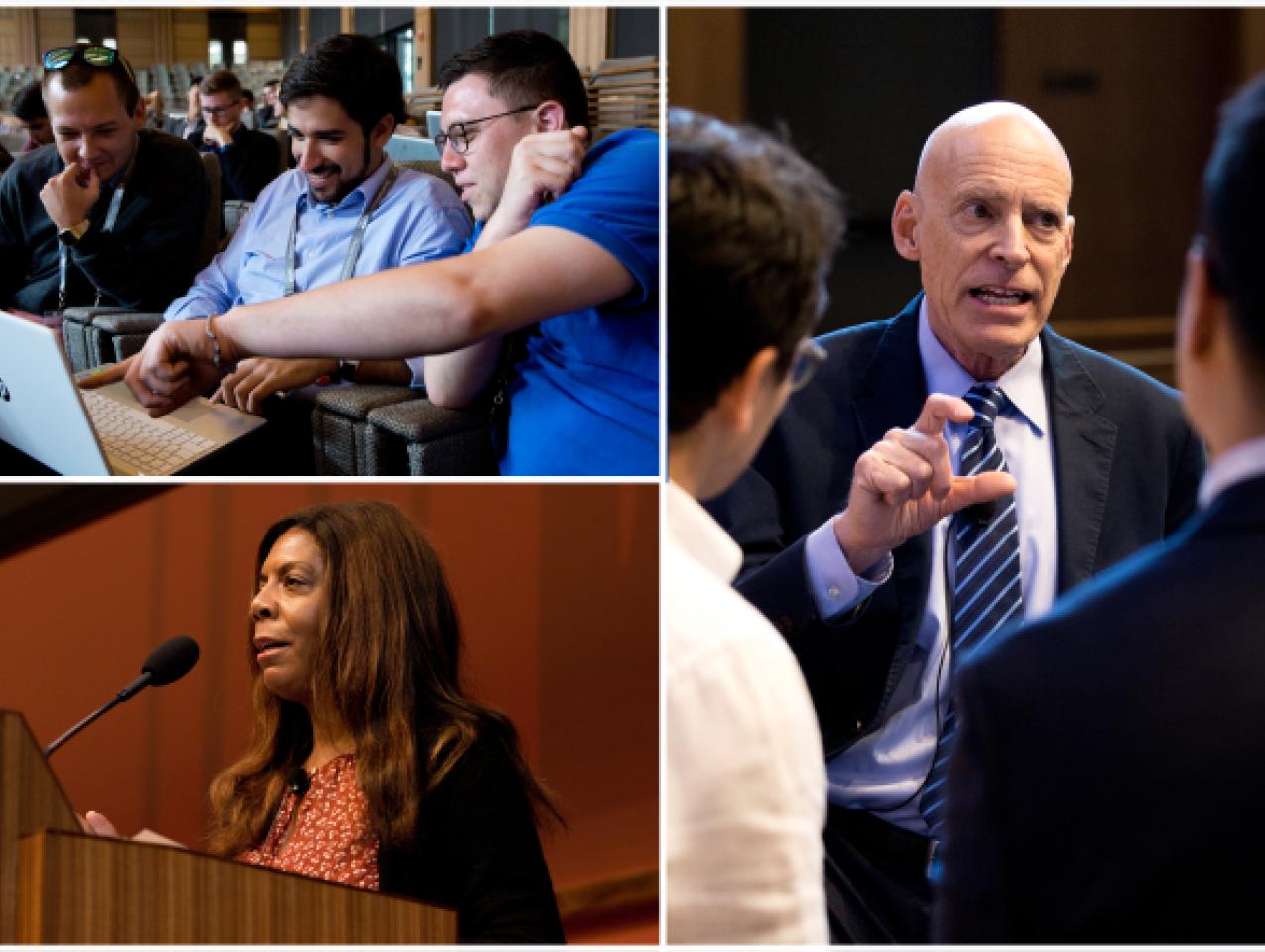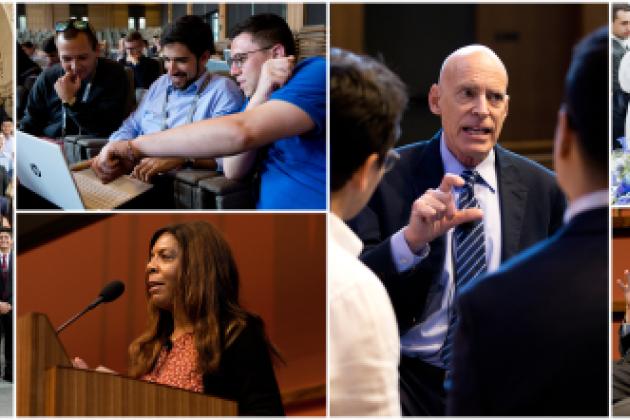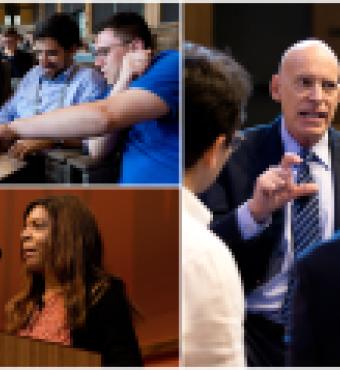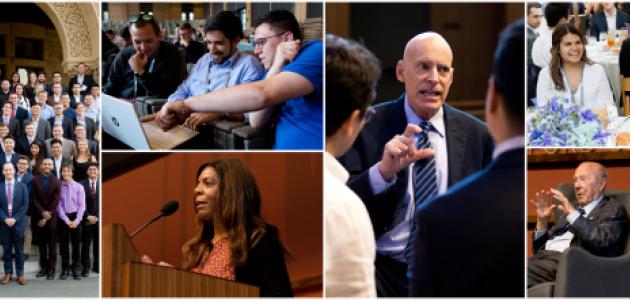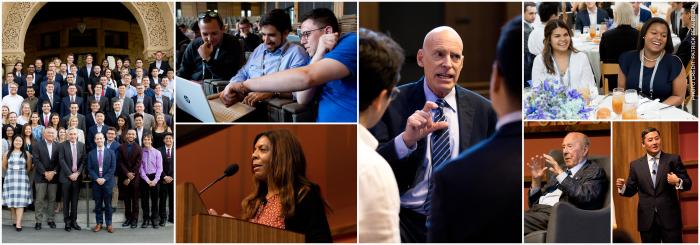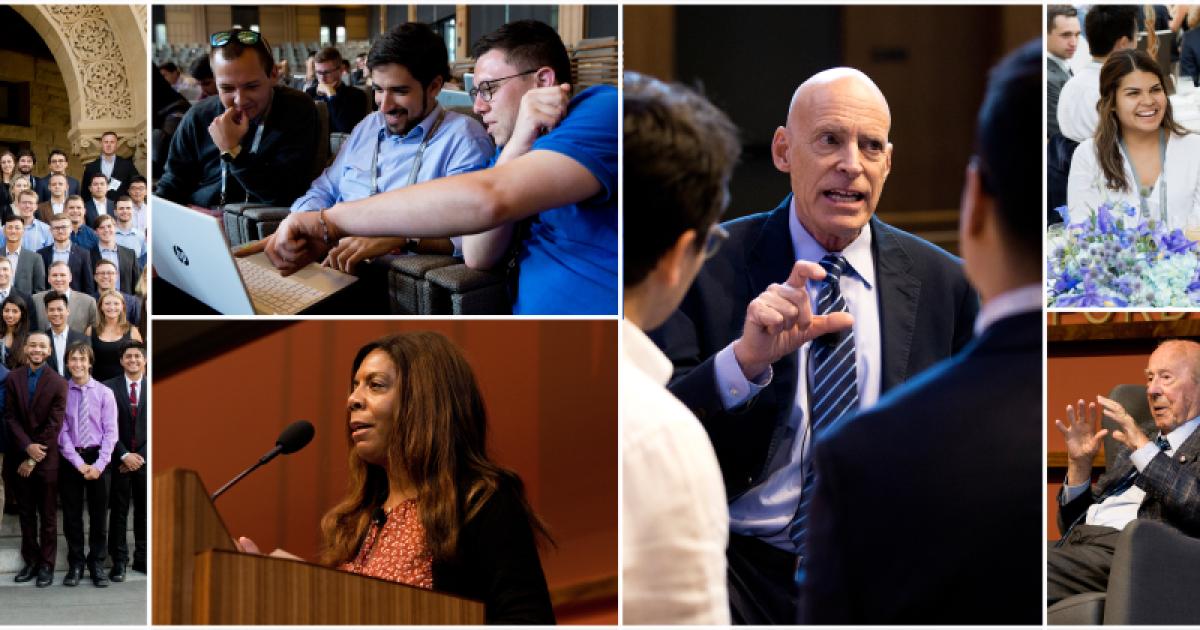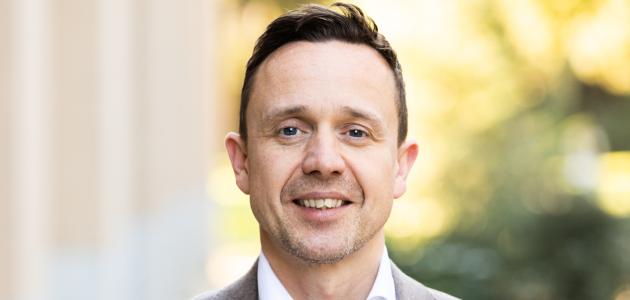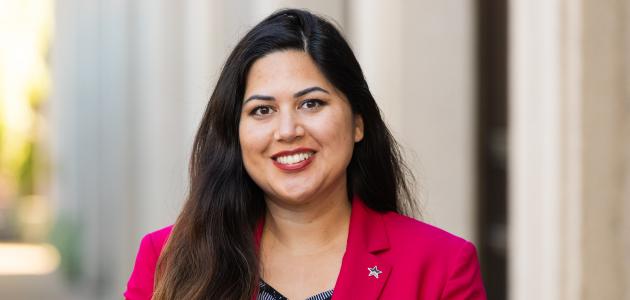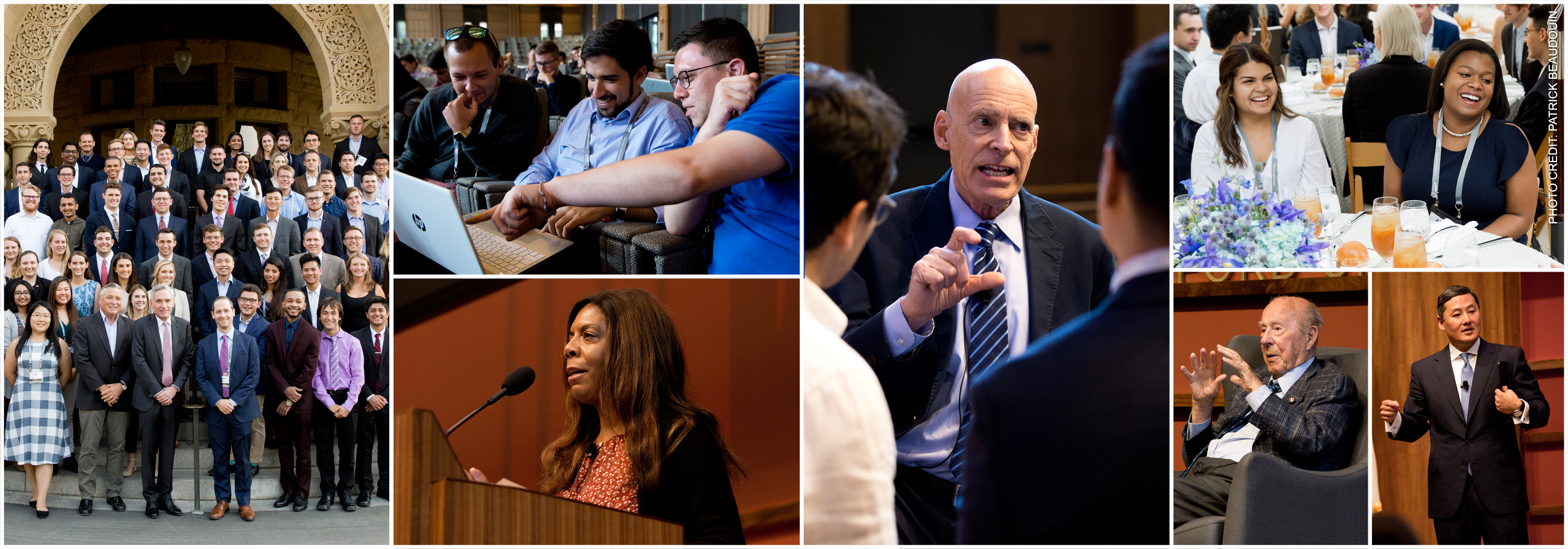
At the Hoover Institution, the Summer Policy Boot Camp reflects a major rethinking about how to train people to become successful policy leaders.
While students may learn about policy issues and analysis in the classroom, some Stanford scholars say that they do not always develop the skills needed after college to deliver policy results in the real world.
Enter the Summer Policy Boot Camp. Now in its second year, the Hoover-hosted program is unique for its immersive nature and, with scholarly assistance, its deep dive into the complex world of policy making.
The residential program from August 19–25 included assignments, study groups, and lectures from Hoover’s top experts on national security, economics, health care, education, and law.
This year, ninety-five students and professionals from all over the United States and the world, mostly undergraduate students, attended the boot camp—up from eighty last year. Participants apply to the program, which is free to those accepted.
By September 10, the students are required to submit a policy proposal assignment—an essay of 1,500–2,000 words that offers a well-thought out approach to a particular policy issue based on what they gleaned at the boot camp.
“Tons of notes”
Courtland Triplett, a political science student from the University of Kansas, said the workshop is teaching him to open up to new perspectives. “There are a lot of ideas that I’ve encountered that are divergent from what I’ve known. It pushes me forward as an academic.”
He said he learned a lot from Hoover senior fellow Victor Davis Hanson’s talk on immigration and the problems of “cultural enclaves” and the lack of assimilation today compared to yesteryear. “That’s something I never realized was occurring.”
Triplett described the information presented as “empirical and synthesized,” and said, “I’ve taken tons of notes on every single lecture.”
He plans to write his policy proposal assignment on health care, crediting Hoover senior fellow Scott Atlas for an illuminating talk on the subject.
Triplett said that he would use some of the information he learned from Atlas’ lecture to improve a prior health care policy paper he wrote awhile back. “I will build on it, so I’m excited.”
Atlas and senior fellow Joshua Rauh are codirectors of the boot camp.
When asked how it differs than a college course on public policy, Atlas said, “It’s an exposure to an all-star lineup of policy experts at Hoover—probably the biggest gathering of Hoover senior fellows at any single event. Second, it’s a unique opportunity to have direct interaction with the Hoover experts and scholars. Third, there’s a lot of unique, interactive format sessions led by Hoover scholars that are not offered anywhere in a classroom.”
Atlas added, “We did a few things to modify the program [this year]. We changed the mix of topics to include more national security and international relations, and we involved different speakers, including George Shultz.”
To prepare for a week of lectures and study groups, students beforehand were given reading assignments, forty-four in total. At the closing dinner on Friday, participants who attended all the sessions and did their homework for the week were slated to receive a certificate of completion.
Examining causes
Mikhail Proshletov, a college student from Russia studying business and finance in the Netherlands, said the program opened his eyes to the difficulties and debates involving policy challenges.
“The boot camp has offered a very vigorous exploration of many different topics and ways to address them through policy solutions. It helps to examine the underlying causes behind these problems,” said Proshletov.
For his career path, Proshletov plans to enter academic research in business and finance. He said he was impressed by the Hoover expertise on display at the policy boot camp.
“I think the Hoover Institution has a bunch of great scholars who are the top experts in their fields, so the access to them this week has helped me think about and prepare for my own career,” he said.
Policy issues
Hoover speakers and specific policy topics included:
• John Taylor on what works and doesn’t work in monetary policy.
• Michael McConnell on the Founders’ presidency.
• Edward Lazear on economic growth and immigration.
• George Shultz and Bill Whalen on strategies for America’s future.
• Scott Atlas on setting the record straight on health care.
• John Cogan on the coming fiscal crisis and federal entitlement programs.
• Stephen Haber on economic growth and intellectual property rights.
• Cogan and Daniel Heil on constructing the federal budget.
• Caroline Hoxby on economics and education policy.
• Terry Anderson on a property rights approach to environmental markets.
• Joshua Rauh on state budgets and hidden debt and deficits.
• Amit Seru on banking regulations.
• Admiral James O. Ellis Jr. on commercial nuclear energy.
• Kiron Skinner on artificial intelligence and national security.
• Victor Davis Hanson on the challenges of illegal immigration in the United States.
• Michael Auslin on the North Korean nuclear crisis.
• John Yoo on presidential power and terrorism.
• Michael Boskin on alternative fiscal futures.
• David Brady and Morris Fiorina on the 2016 elections and their consequences.
Last year, in a Washington Examiner story and another one on TownHall.com, Rauh and Atlas talked about the benefits of policy education in the era of polarized politics and heightened social media usage.
“One of the keys to appropriate policy direction,” Rauh said then, “is to ensure that our future leaders are trained to think critically about policy decisions and understand that facts and data should underlie policy formulation.”
He added, “In this era as in any other, emotions can run high, as public policy defines society and our path forward as a country.”
MEDIA CONTACT:
Clifton B. Parker, The Hoover Institution: 650-498-5204, cbparker@stanford.edu







